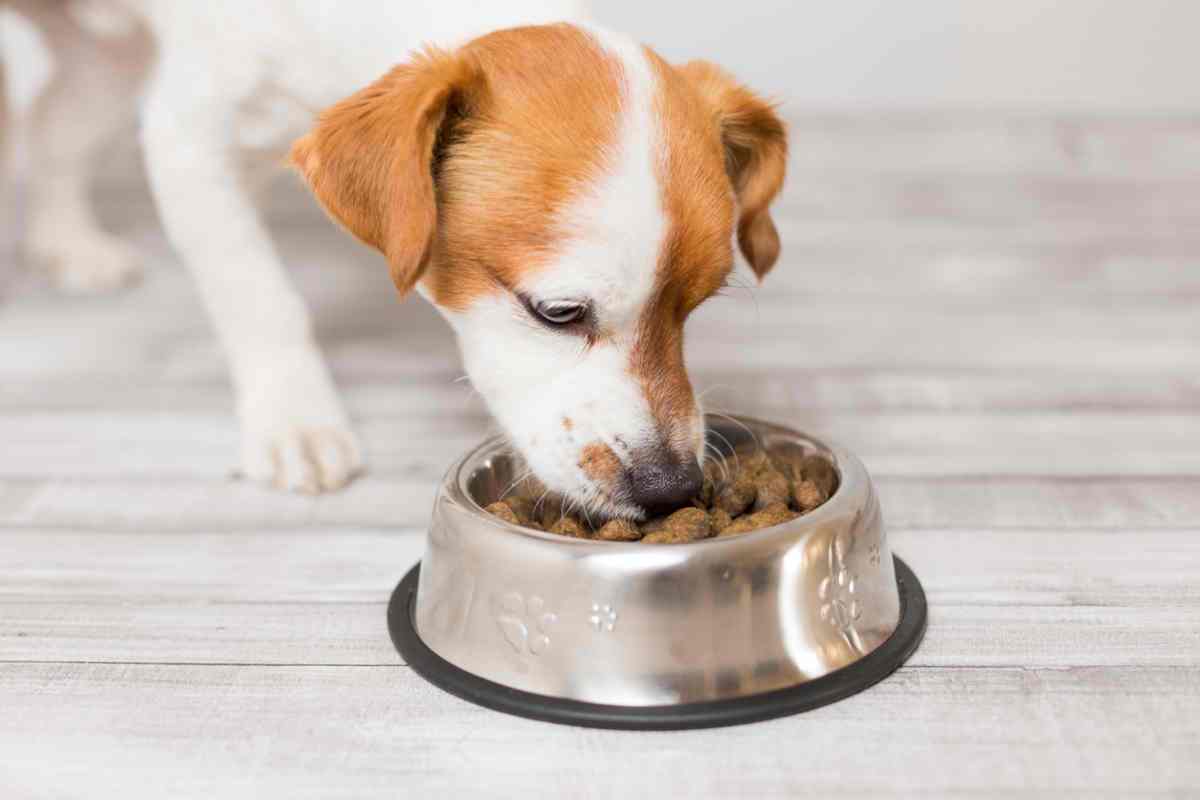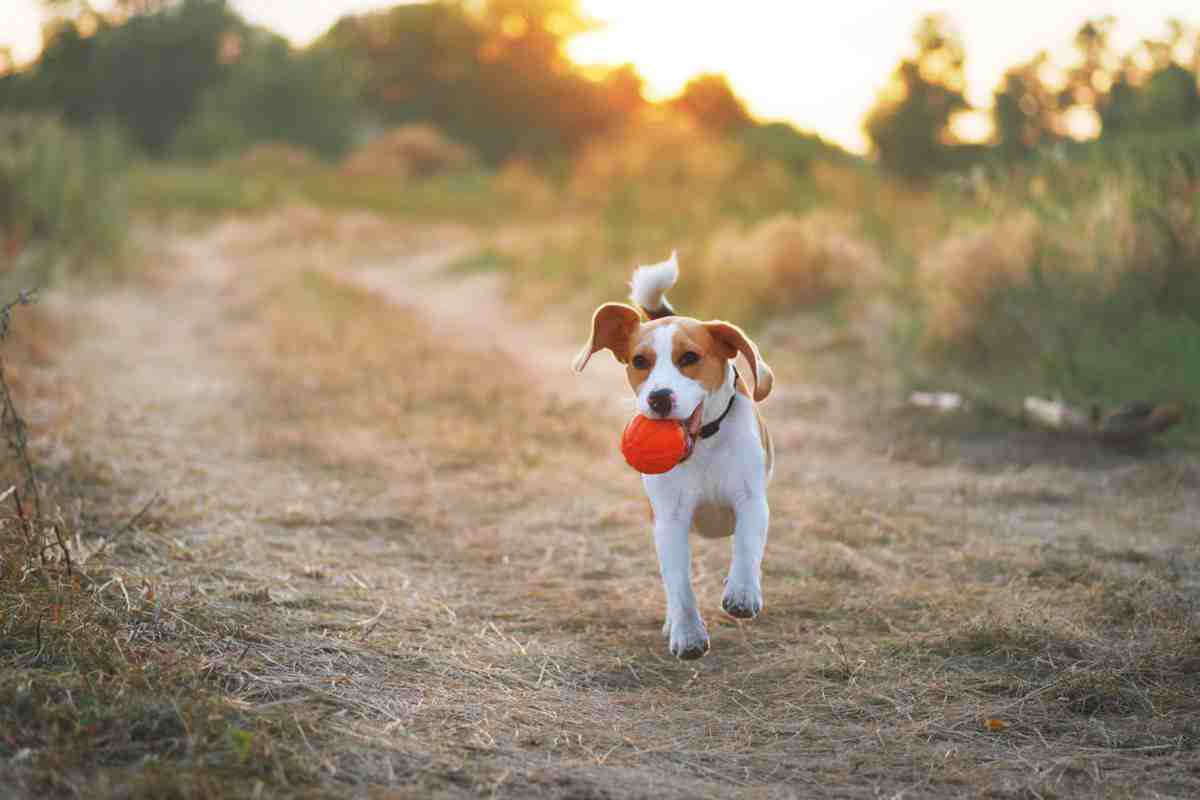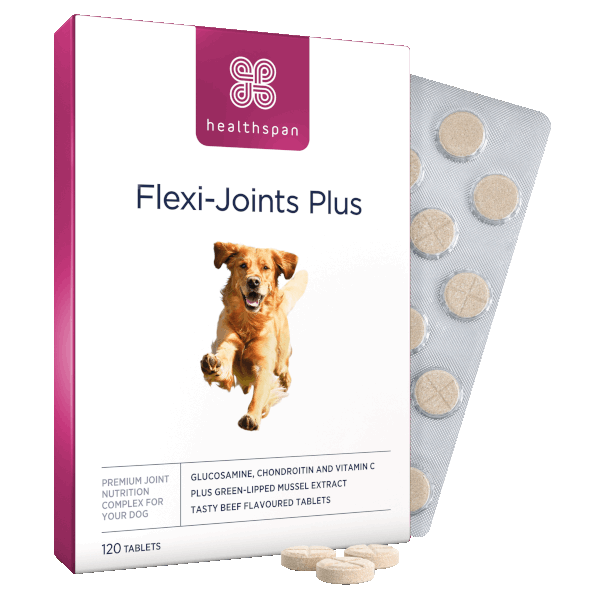Obesity is on the rise in pets, so it comes as little surprise that over 50% of dogs and cats in the UK are now considered to be overweight or obese. Vet Joanna Woodnutt looks into pet obesity causes, concerns and solutions.
Is my cat or dog overweight?
This may seem like a simple question, but seeing fat cats and obese dogs regularly can change our perspective of what is normal. Add in thick fur coats and a vast array of breeds and things can get tricky.
First, have a feel of your pet's ribs – are they easy to feel, or do you have to press through a layer of fat first? If you look at your pet from the side and from above, do they have a waistline? (In longer-haired breeds, try running your hands down their body and feeling for a waistline instead.)
If you aren't sure if your dog or cat is the correct weight, it's a good idea to ask your vet. We don't judge (we know how hard it can be when those soulful eyes beg for treats), but we do offer good advice.
Consequences of obesity in dogs and cats
As with humans, there are huge risks for our pets if they are obese. Diabetes is common in overweight pets, especially cats. Arthritis is another common problem for cats and particularly dogs, and of course extra weight can put a huge strain on the heart. Certain types of cancer are more common in obese animals, too.

It's not just how much your dog eats that matters – it's also the type of food.
Why is my pet overweight?
The wrong diet
Many of us show our pets how much we love them by feeding them, but we're often feeding them too much. The first step in any weight loss plan is to reduce the intake of food: cut out fatty treats and replace them with attention or games instead. Remember, older pets, or ones who have been neutered, need far fewer calories.
It's not just about the quantity of food – it can also be the wrong type of food. Every pet is different and there are lots of reasons for a certain diet, but do have a think about what would best suit their needs. Dry food, for example, is less energy-dense than wet or tinned food. There are also lots of low-fat, or even prescription diet, foods available. Likewise, go for low-fat treats.
An unbalanced microbiome
Of course, even if you are feeding the best food you can find, it's no good if your pet cannot digest it properly.
The digestive tract contains a delicate balance of cells, bacteria, fungi and viruses. In humans, a link has been found between obesity and having the wrong gut bacteria, and this has been echoed in a recent study into the dog microbiome. I recommend any overweight pet or those with digestive upsets try probiotics in order to increase the good bacteria in the gut.
Help your pet get more exercise
The key to getting animals to lose weight is to ensure they burn more calories than they take in each day. Try taking your dog for longer or faster-paced walks. A couple of minutes of high-intensity exercise is also beneficial – even throwing a ball around the garden works!

Playing 'fetch' is a great way to give your dog some high-intensity exercise.
Underlying conditions and genetic factors
If your pet is still struggling to lose weight, there are a few underlying conditions to consider, including arthritis, heart disease and Cushing's Disease.
Dogs with arthritis may struggle to walk for long periods, but getting them moving is essential. Hydrotherapy in particular is a great option. Cats can also get arthritis; in fact 85% of cats over 12 years of age will be suffering with it. I recommend talking to your vet about your options.
Pets with heart disease may also struggle to exercise and lose weight because their hearts have to work much harder than normal. Short and often is the key to helping them exercise, and bear in mind that play often engages them when a walk might not. Just remember to be led by your pet – if they don't want to do any more, don't push them.
Cushing's Disease is a common condition in older dogs that causes weight gain. One key indication is if your pet is drinking a lot more water than usual. Although rarer, hypothyroidism in dogs also causes weight gain and lethargy.
Unfortunately for some dogs, there is also a genetic factor to obesity. Some breeds – including Labradors and Cavalier King Charles spaniels – are particularly prone to weight problems. Ask your vet for advice if you're struggling. We're here to help.

Flexi-Joints Plus
Advanced joint support for dogs with 500mg glucosamine and 100mg chondroitin
- Advanced formulation to support your dog's joint health
- 500mg glucosamine HCl and 100mg chondroitin sulphate
- Can be eaten whole or crumbled into food. Perfect for older dogs







